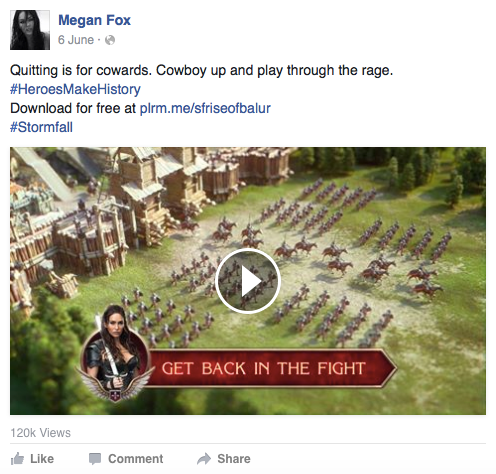Yesterday was the 16th anniversary of the first episode of Big Brother in the UK. And the Elstree Studios Twitter account saw fit to celebrate the occasion:
The tweet irritated me. Not in a “oh shit, what has 2016 got to offer us now” kind of way. Just a mild irritance, like an ingrown pube, or an itchy bumhole, or Steve Brookstein. It took me a little while to work out exactly why, though.
First, let’s eliminate some possibilities. Anyone thinking this is going to be a rant about how awful Big Brother is should probably go and read another site instead. If you think the show is a sign television has “dumbed down”1, perhaps consider that the beauty of Big Brother at its best is hours upon hours of investment in people… where suddenly, a single look shot across the room means everything. The greatest moments can be the most subtle, and take the most effort to truly get – it demands attention and commitment from the audience. The very opposite of dumbed-down television.
But I digress. A more valid point about the tweet is querying why Elstree Studios made it, when the first two series of Big Brother weren’t shot at Elstree at all, but in Bow, near the 3 Mills Studios.2 Still, let’s give them the benefit of the doubt, and assume that they know that full well, and thought that it was still worth linking to regardless. Fine.
The problems come, however, when you actually take a look at the linked-to video of the first episode. This isn’t an official upload, either by Channel 4 or Endemol. This is an unofficial upload by a fan, taken from a VHS off-air recording made back in 2000. Dodgy hiss throughout and all. And immediately, alarm bells start to ring.
Now, I have no moral problem with that video being uploaded – it’s not like the episode has had a commercial release. It’s perhaps slightly weird that Elstree would associate itself with an illegal upload of a show that they’re currently hosting at the studios – or, indeed, would associate itself with any illegal uploads at all. For a major studio to give out a slightly confused message about piracy is pretty strange in itself.
But that’s not what really bugs me about this. Ultimately my problem with the tweet: it makes the world-renowned Elstree Studios feel… small.
When I think of Elstree, I think of professional kit. As we’re talking about television I’ll skip over trying to romanticise 35mm or something, and instead try to romanticise broadcast quality signals being fibred over to BT Tower. (It gets me hard, anyway.) The image I have of Elstree is one of absolute professionalism – of trained crews working together to provide the highest quality final result it’s possible to offer.
What don’t I think of? Someone recording something off-air onto a manky VHS tape, and then years later sticking it on YouTube with a shitty hiss all over it. I just don’t think that’s something Elstree should be associated with.
If Elstree is linking to any televison programme it has even the slightest connection to, it should be an official, top-quality version of it. Yes, it was only a silly, throwaway tweet for an anniversary… but even silly tweets mean something. There really wouldn’t be any harm in Elstree’s Twitter account just being that bit more professional.
Because without professionalism, and a commitment to a quality end result, we can all just upload shit to YouTube that we recorded on our phones… and there’s no reason for Elstree to exist at all.
Read more about...
social media

